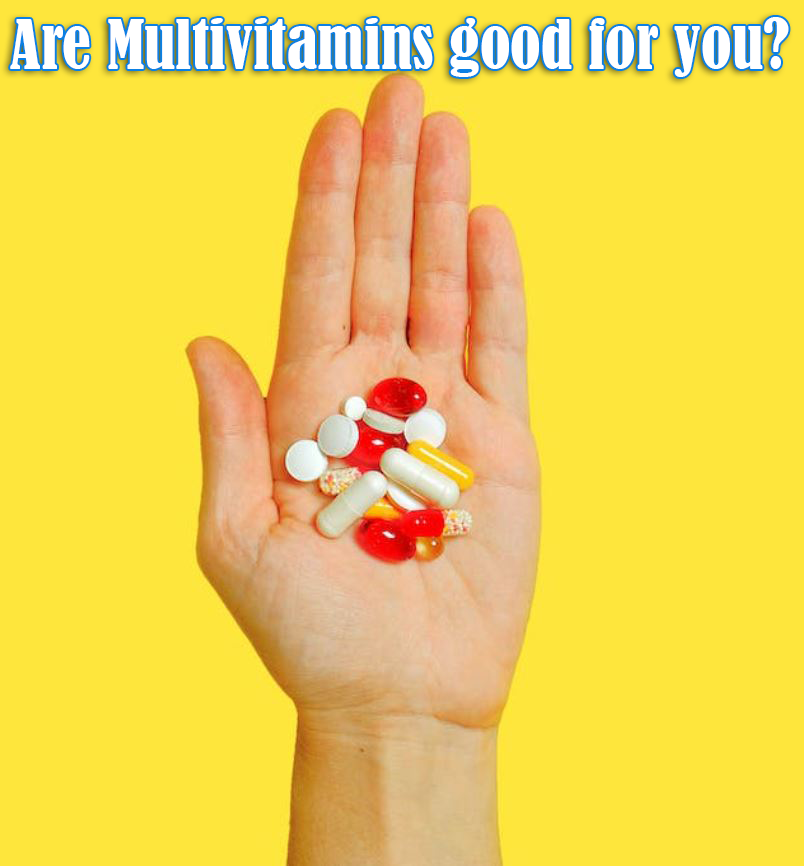Vitamins are essential micronutrients that play a significant role in ensuring the proper functioning of our bodies. You may be asking are multivitamins good for you? They assist in vital bodily functions, from energy production and immune support to blood clotting and bone health. This article will delve into some of the most critical vitamins that contribute significantly to human health, examine their roles in the body, identify foods rich in these vitamins, and offer strategies to incorporate more vitamins into your diet.
Are multivitamins good for you?
Vitamin A Vitamin A is renowned for its role in maintaining healthy vision. It’s crucial for reproduction and breastfeeding, and it also supports the immune system and cell growth. Foods rich in Vitamin A include carrots, sweet potatoes, spinach, and kale. Liver, fish oils, milk, and eggs also contain significant amounts of this vitamin.
B Vitamins B Vitamins are a group of eight different vitamins, each playing a unique role in maintaining good health. These include B1 (Thiamin), B2 (Riboflavin), B3 (Niacin), B5 (Pantothenic Acid), B6 (Pyridoxine), B7 (Biotin), B9 (Folate), and B12 (Cobalamin). Collectively, B vitamins contribute to brain function, red blood cell formation, energy levels, and cell metabolism. So, are multivitamins good for you? Read on to find out more about essential vitamins that your body needs.
Whole grains, such as brown rice and oatmeal, are packed with various B vitamins. B vitamins are also abundant in animal products like meat, eggs, and dairy products. Legumes, seeds, and dark, leafy greens provide B vitamins as well.
Vitamin C Known as the immunity vitamin, Vitamin C protects the body by stimulating the production of white blood cells. It also plays a crucial role in maintaining skin health, thanks to its antioxidant properties. Vitamin C aids in iron absorption and wound healing. Citrus fruits like oranges and grapefruits, strawberries, bell peppers, and broccoli are rich in Vitamin C.
Vitamin D Often referred to as the “sunshine vitamin“, Vitamin D is unique as it can be synthesized in the skin from exposure to sunlight. It is fundamental for calcium absorption, promoting bone and dental health. It also plays roles in immune function and inflammation reduction. Fatty fish, fortified dairy products, cheese, and egg yolks are excellent sources of Vitamin D. It’s difficult to get adequate Vitamin D from food alone, so regular sun exposure and supplementation may be recommended.
Vitamin E Vitamin E is a powerful antioxidant that protects your cells from damage. It also boosts the immune system and helps widen blood vessels to prevent blood clotting. Foods rich in Vitamin E include nuts and seeds, spinach and broccoli, and vegetable oils.
Vitamin K Vitamin K is essential for blood clotting, which prevents excessive bleeding. Additionally, it plays a significant role in bone health. Foods such as leafy green vegetables, broccoli, and Brussels sprouts are high in Vitamin K. It’s also found in fish, liver, meat, and eggs.
Incorporating these vitamins into your diet may seem challenging, but with a little planning, it’s entirely feasible. Here are some strategies to ensure you are getting the recommended daily intake of these essential nutrients:
Eat a Rainbow Are multivitamins good for you? A colorful plate is usually a sign of a diet rich in vitamins. Different colored fruits and vegetables often contain different types of vitamins. For instance, orange and yellow vegetables like carrots and sweet potatoes are high in Vitamin A, while dark leafy greens contain lots of Vitamins K and A.

Choose for Whole Foods
While supplements can help fill in the gaps, they should never replace a balanced diet. Whole foods are the best sources of vitamins because they provide a complex nutritional package that goes beyond just vitamins. This includes fiber, minerals, and antioxidants.
Include Healthy Fats Vitamins A, D, E, and K are fat-soluble, meaning they require fat to be absorbed by the body. Including healthy fats in your meals, like avocado, nuts, seeds, and olive oil, can help ensure your body is absorbing these essential vitamins.
Consider Fortified Foods Some foods are fortified with certain vitamins to help people meet their nutritional needs. Fortified foods can be especially helpful for those with dietary restrictions. For example, plant-based milk often has added Vitamin D and B12, nutrients that vegans may struggle to get from food alone.
Regular Sun Exposure To get enough Vitamin D, try to spend some time outside in the sunlight every day. Just be sure to protect your skin if you’re out in strong sunlight for long periods.
A varied and balanced diet is key to ensuring an adequate intake of all the essential vitamins. Understanding the role each vitamin plays in the body and knowing which foods contain these vitamins can help guide dietary decisions. Remember that individual vitamin needs may vary based on age, sex, health status, and lifestyle, so consider consulting with a healthcare provider or a dietitian for personalized advice.

